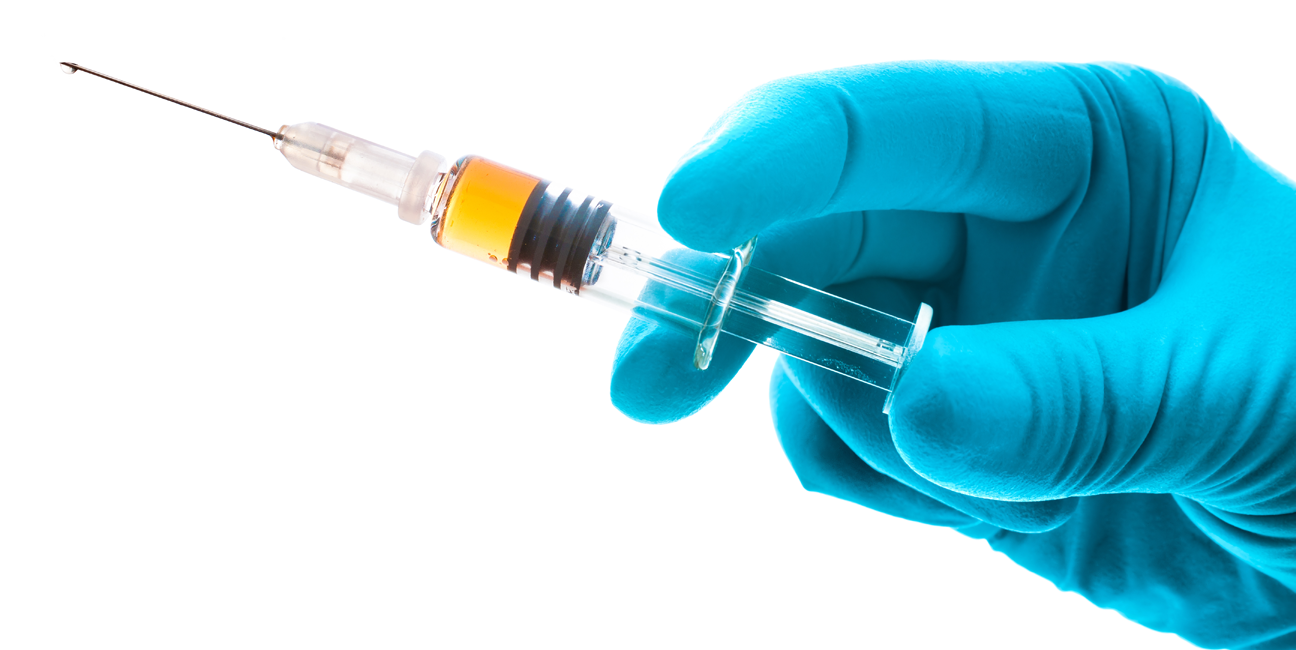We’ve all heard the discussion (if not participated in it ourselves) about the pros and cons of sugars and artificial sweeteners before. I myself often go back and forth while making a decision on this matter, and it usually depends on what my concerns are at the moment of my tea-sweetening ritual. I generally opt for honey, but if I’ve had a lot of sugar that day, I may grab the Splenda for a smaller impact on my calorie count and try to forget about the possible effects it has on my body. But what are the differences between the two, and how much does one or the other do us harm?
Sugars—The Real Stuff
When I say sugar, I mean any kind of natural sweetener such as honey, cane sugar, corn syrup, agave nectar, and so on. Our bodies transport and store sugars in the form of glucose (controlled by hormones like insulin and glucagon), and glucose is used as energy as well as stored as fat or glycogen. Sugar is real and natural—the stuff our bodies have evolved to use. We have an innate craving for sweet and high-fat foods, a natural craving that dates back to the Paleolithic period. The difference is that back then it was rare for energy-dense foods to be available since they are hardly ever found in nature, whereas today high-fat and energy-dense foods are plentiful. Sugars are not foreign and poisonous substances for your body, but they may become so when consumed in excess. Not only does excess sugar mean excess calories and excess fat, but it can increase your blood sugar (resulting in diabetes in the long term) and increase your risk for heart disease, hypertension, and artery damage. It also can cause or aid in the formation of dental cavities.
Sugars are empty calories, with no nutritional value except for providing energy. While you don’t want to necessarily completely avoid sugar in the form of fruits and other natural foods, it is important to keep an eye on the added sugars in sodas, convenience foods, coffee, and other unsuspected places such as low-fat foods. Many times, when fat is reduced or taken out of foods such as yogurt, sugar is added to make up for the loss of taste. This can be deceptive and confusing, but reading the labels on your foods will help you make informed decisions about what you eat and know what you’re eating.
Artificial Sweeteners—The Not Real Stuff
Artificial sweeteners are those zero-calorie, man-made sweeteners such as Splenda and Sweet’N Low, also known as aspartame and saccharin. These sweeteners are processed and synthesized to provide the taste and stimulation of sugar without bringing any nutrients or calories. While this may be the best choice when you’re trying to avoid excess sugar consumption, there are no additional benefits. However, there are some controversies as to how effective they are as sugar substitutes and what harms they may cause. At this point, there have been many studies on the effects artificial sweeteners have on our bodies, but we are still unsure of all the consequences of these sweeteners. While you may be substituting Splenda for sugar in your coffee to avoid calories, Splenda is found to contribute to weight gain. It is thought that your brain cannot tell the difference between natural sweetener and artificial sweetener: it sees both as sweet. These sweeteners, real or not, stimulate your brain and may even cause your body to respond, sometimes through a spike in your insulin levels. Drinking or eating foods with artificial sweeteners (especially diet sodas) does not register to your brain that it’s satiated. This can create more cravings for sweet food, sending you searching for more treats. Studies also suggest that artificial sweeteners disrupt the body’s ability to measure your calorie intake.
The Sugar Solution
It’s really up to you how you’d like to ration your sugars, real or otherwise. Choosing diet soda over its regular counterpart may be a wiser choice, but the wisest choice of all may be not to drink soda at all. Overall, decreasing your sweetener consumption will be good for your body and health. Also, cutting back on sugars or sweeteners will make your body accustomed to consuming less, thus increasing your sensitivity to sweet foods or drinks when you do indulge. Try slowly cutting back on the amount of sugar in your coffee or tea and see how your responsiveness changes: I now only use milk in my coffee and think that is plenty sweet. Cut out sweet treats or desserts, and you may be surprised how much more of a novelty they will become when you do treat yourself. Your body and brain will get adjusted to not having sweets so often and in such high quantities.
Article by Lauren Tarver
Feature Image Source: USA Today
























